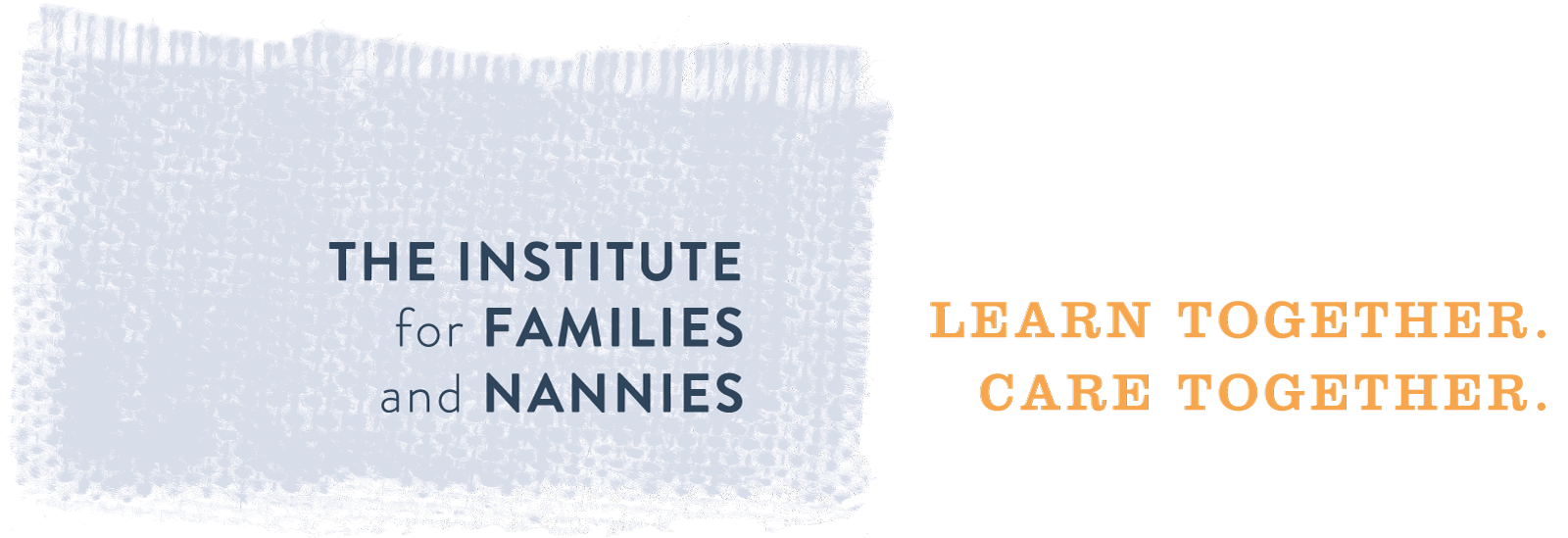Budgeting Basics: Paying off debt or saving money—which comes first?
It’s the chicken or the egg question for budgeting. Should you pay off your high-interest credit card debt first? Or should you try to establish an emergency savings account first?
While there are arguments for both methods, the best solution is to get a humble savings account established first. It may seem counterintuitive to pay the minimum balance on your credit card while you have a few hundred dollars languishing in the bank.
But think about it like this. Once you have created an emergency fund, the money will be sitting there on hand ready to use when you have a true emergency (think car repairs, unexpected medical bills, or other true emergencies).
Without that little nest egg, you would be putting that true expense directly on your credit card, making the balance grow larger and thereby paying more money in interest over the long run.
We’re not suggesting that you try to accumulate $5,000 before you continue to eliminate your debt wholeheartedly, but a few hundred dollars in your savings account now will take care of those pesky unexpected expenses today which means a lower credit card balance tomorrow.
Want to learn more budgeting basics? Come to The Institute for Families and Nannies' upcoming 2018 workshop, Women, Money, Power: Financial Planning for Nannies.
Addressing the financial concerns specific to Nannies, this workshop will teach other important budgeting tips, the basics of retirement savings accounts, how to plan for emergencies, how much to save for taxes and more.
The workshop is open to all Nannies and their friends, and the cost is $20 per person.
Photo credit: Simon Blackley/flickr

